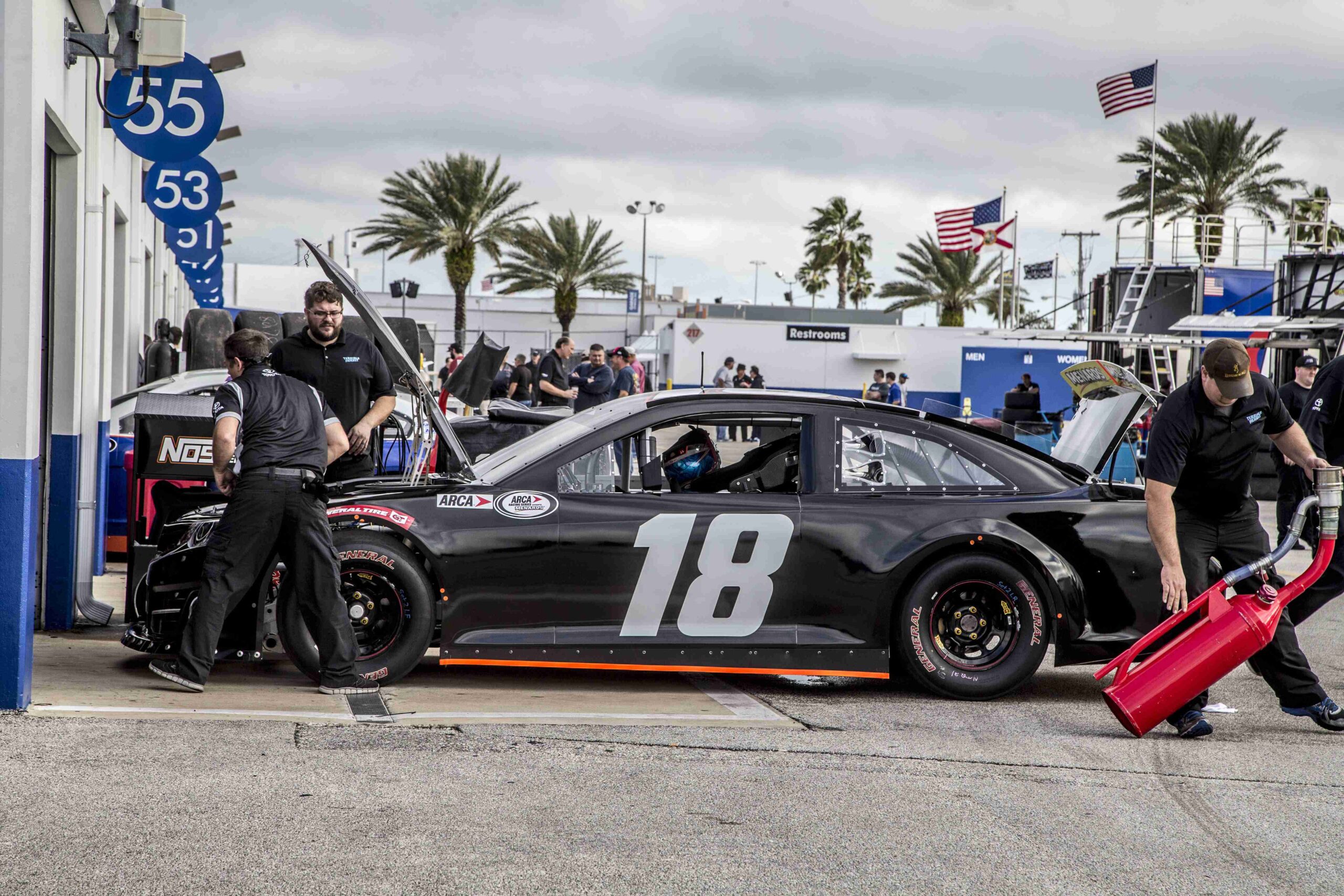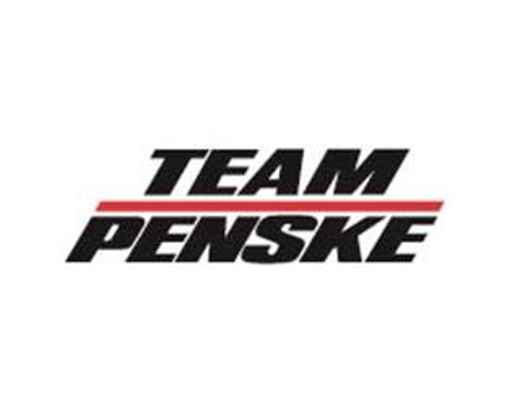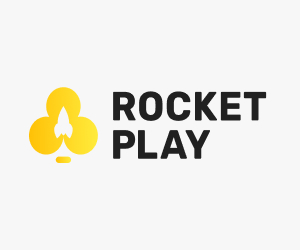One of the great things about motorsports is the competition. The regular, race-to-race battle for the win is something that draws the fans in, be it a battle between drivers, sponsors, or manufacturers.
However, in the Verizon IndyCar Series, the best competition is between the drivers and sponsors. Manufacturers, not so much considering that at the moment, the OEMs (Original Equipment Manufacturers) in the sport are Chevrolet and Honda – hardly the basis of a legendary rivalry like Chevy and Ford or Foyt and Andretti.
One of the perks of bringing in another manufacturer has to do with the new universal aero-kit. It will be cost-effective in the sense that manufacturers can solely focus on the equipment and powertrains without worrying about aerodynamics. As a result, prospective manufacturers can consider entry into the sport without worrying about any extra growing pains. They can enter and expect to be on par with the rest of the competition.
This would bring much-needed parity to a sport that needs it. At the moment, Team Penske and Andretti-Herta Autosport are the two organizations that currently dominate IndyCar; with Penske’s Chevrolets competing with AHA’s Hondas. Those are the organizations that are always at the front every race; they’re what the prospective new fans see on a weekly basis.
They don’t see teams like Ed Carpenter Racing, A.J. Foyt Racing, or Schmidt-Peterson Motorsports, teams that have to fight harder to compete with those groups. They succeed every so often, although it’s usually more of an uphill battle as they don’t have as much focus or funds at their disposal. Adding more manufacturers would even out the sport’s playing field, and as a result, we’d see guys like Spencer Pigot and James Hinchcliffe contending for wins more often.
In 2017 10 races (out of 17) were won by Chevrolet; all Penske machines. The only other teams to score more than one win were Rahal-Letterman Racing (Graham Rahal’s Belle Isle sweep) and AHA (Takuma Sato won Indy, Alexander Rossi won Watkins Glen). Ganassi Racing earned just one win, a far cry from their Franchitti years of glory, while SPM and Dale Coyne Racing also earned singular wins. Those aren’t favorable, competitive numbers, and it’s no wonder why other manufacturers said, “no way,” when courted by IndyCar.
In American motorsports, brand loyalty is huge. In NASCAR, there’s the Chevy/Ford/Toyota debate that draws in a substantial portion of fans. During the entirety of his NASCAR career, Dale Earnhardt Jr. voiced his unending loyalty to Chevrolet, and the fans ate that up. When NASCAR first brought Toyota into the national fold in 2004, cries of outrage came from the older contingent of fans given Toyota’s birth as a foreign car company.
Point being? The manufacturer debate has always been full-speed in NASCAR. Why not IndyCar? Bring back Ford. Bring in Dodge. Bring in Toyota. Diversify the OEMs in IndyCar, and there could be a chance it could legitimately rival NASCAR’s mainstream status. Parity is key to the growth of a sport. Hopefully, with the universal aero kit cutting down team costs, we could see plenty of that in the near future.









